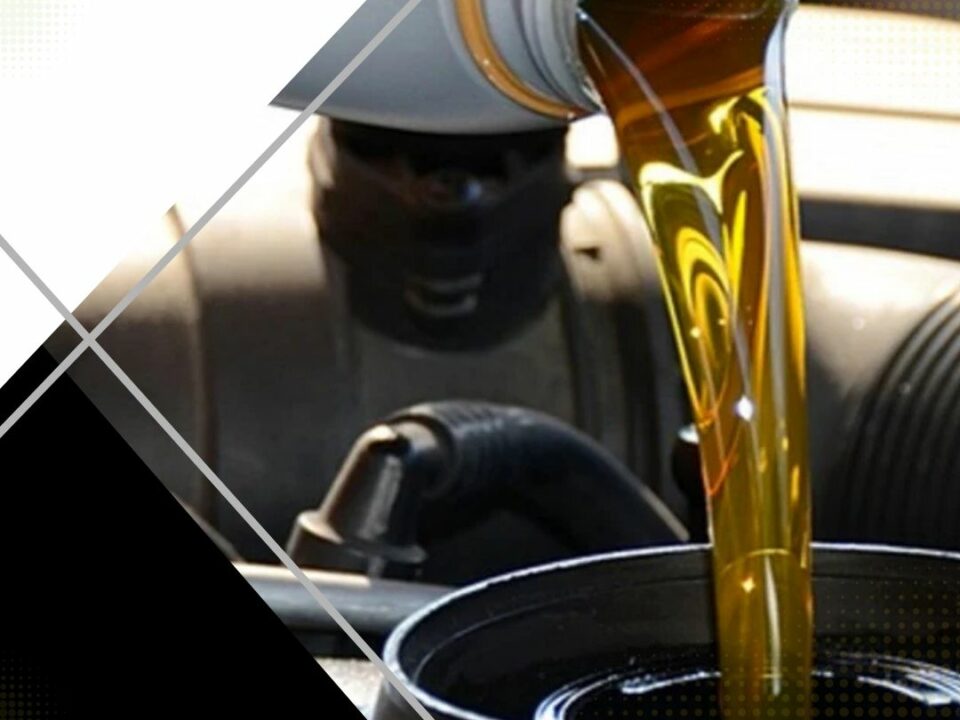
How to Decide Which Type of Oil Is Best for Your Car’s Oil Change
May 23, 2024
Toyota Brake Repair: Understanding Calipers and Their Importance
June 6, 2024Suppose you’re on your regular trip to the auto shop for your vehicle’s oil change. The mechanic presents two options to you: synthetic or conventional oil. You’ve heard about both, but you’re unsure which one will be the best for your vehicle’s performance and longevity.
Synthetic oil, engineered in labs with tailored molecules, offers excellent temperature resistance, cleanliness, and longevity. On the other hand, conventional oil, being a natural product, is more affordable and still an effective lubricant.
But which one should you choose for your vehicle? Weighing the benefits of each can help make your decision easier, saving you money in the long run, and potentially extending the life of your vehicle.
Understanding Synthetic Oil Benefits
Let’s delve into the numerous benefits of synthetic oil, providing superior engine protection and performance compared to conventional oil. You’ll find that synthetic oil, with its refined and distilled base, ensures all the impurities are removed. This process gives it more uniformity, resulting in fewer engine deposits. The result? Your car’s engine stays cleaner for longer.
Synthetic oil also holds up better under extreme temperatures. Whether you’re driving in sweltering heat or chilling cold, it doesn’t break down or lose its viscosity, safeguarding your engine’s health. You’ll notice the difference, especially in cold weather when you start your engine. The synthetic oil flows smoothly, ensuring your engine components are well lubricated from the get-go.
You’re part of a community that understands the importance of this superior protection.
Exploring Conventional Oil Advantages
While synthetic oil certainly has its merits, it’s important not to overlook the advantages that conventional oil brings to the table. For starters, conventional oil is typically cheaper than synthetic. This means if you’re on a budget or don’t drive much, it can be a more cost-effective choice. It’s also readily available, making it convenient for you when it’s time for an oil change.
Moreover, older vehicles, particularly those manufactured before 1990, often run more effectively on conventional oil change. They were designed with this type of oil in mind, so you’d be sticking to the original plan. Conventional oil also offers sufficient protection for most engines under normal driving conditions. So, it’s not just about cost, but also about compatibility and performance.




